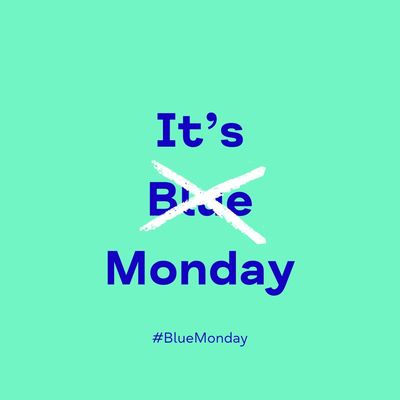It’s been more than four years since the first ‘work from home’ calls came, and the face of work changed completely. There’s been a lot to adjust to, and some companies haven’t yet settled on a working format that works for everyone.
We recently worked with a long-standing client who had changed their working policy to fully remote. We assumed this would lead to a huge amount of applicants as it’s widely considered an incredibly attractive benefit. What we actually found throughout the process were more and more applicants who were heavily concerned about the remote working aspect. This led to them ultimately deciding that the role wasn’t right for them.
There’s a number of clients who believe remote working is what their workforce wants – but it’s not for everyone. How can the lessons of the last few years help businesses figure out how to make flexible working work better?
Don’t get bogged down in set schedules
We all have friends who have to be in the office on certain days, or who can only work from home one day a week. What works better than this kind of rigidity, according to what we’ve heard from our candidates and from what research undertaken by Oxford University’s Saïd Business School found, is to start from the type of work employees undertake and work out where they can best complete this work.
If your team’s work includes a lot of focused, individual creative tasks, this work can easily be transitioned to remote work; collaborative projects are hard to complete remotely due to employees not being able to access their ‘hive mind’. If there’s a big project like this being undertaken, it may be better to have more face-to-face time.
Certain life events can necessitate more time at home or in the office. All of your staff will have different needs – ensure you’re communicating with them to find out what they are.
Ensure your company culture is strong
Not having a base of operations to drive collaboration and allow colleagues to get to know each other can weaken staff loyalty and engagement. If senior teams are rarely seen, there aren’t chances to socialise and tasks come from faceless emails, it can make it hard to buy into a business fully. It can cause conflict and distrust in your workforce, which is easily remedied by making sure people have somewhere they can get together and have a team they can identify with.
Make sure you can spot the signs of mental health struggles
We all express stress differently, and it can be incredibly hard to spot if you’re not regularly seeing someone in person. Hybrid working itself can be a source of stress – we’ve all gotten to the office and realised we don’t have a charger, we’ve forgotten the document we needed, or left something else vital to the smooth running of our day on the kitchen table. You might have removed the daily commute for your team, but wellbeing can go out of the window at home. Breaks get forgotten, people work later than they would in office without anyone else around them to remind them of the time and some staff may not have the space to make home working comfortable for them. You may have a colleague go days without having a face-to-face conversation with another person, and we are, after all, social creatures.
Encouraging your team to be open and honest about their mental health and wellbeing needs can help stop stress building. An open workplace culture where managers are present and approachable does a lot more for wellbeing than being able to save an hour a day on your commute.
Ultimately, strict remote or in-office policies don’t address the needs of the modern workforce. The solution lies in continuous and open communication, allowing employees to weigh in and give their personal perspectives. Employees also need to ensure they think carefully about the needs and wants they have around working. If both sides put the effort in to understand each other, developing functional and well considered flexible working policies can become a much smoother process.
If you need a recruitment partner who can provide guidance on the big decisions around flexible working arrangements, get in touch with Sewell Wallis today. We’ll help you build foundations for long-term success.














.png)